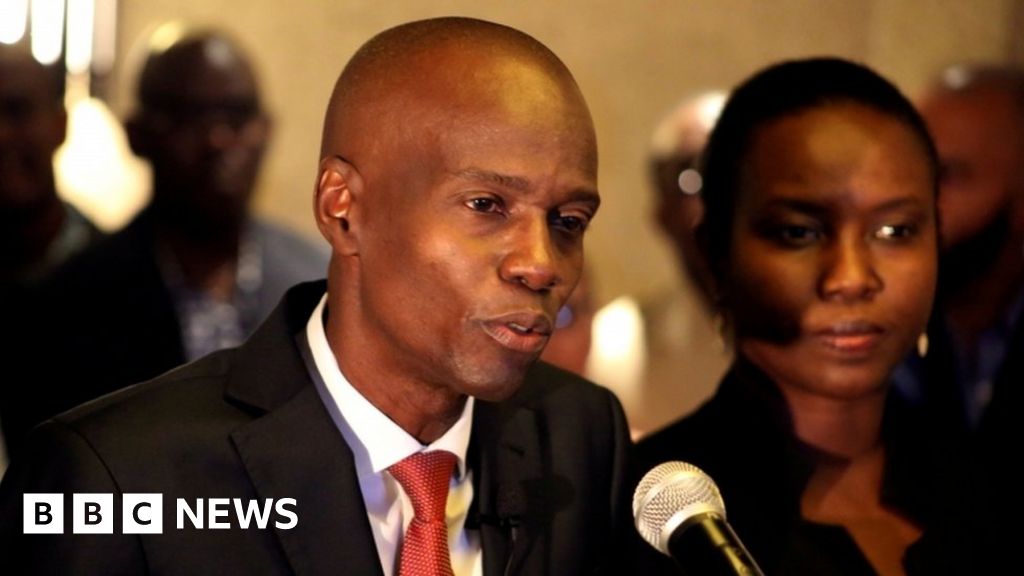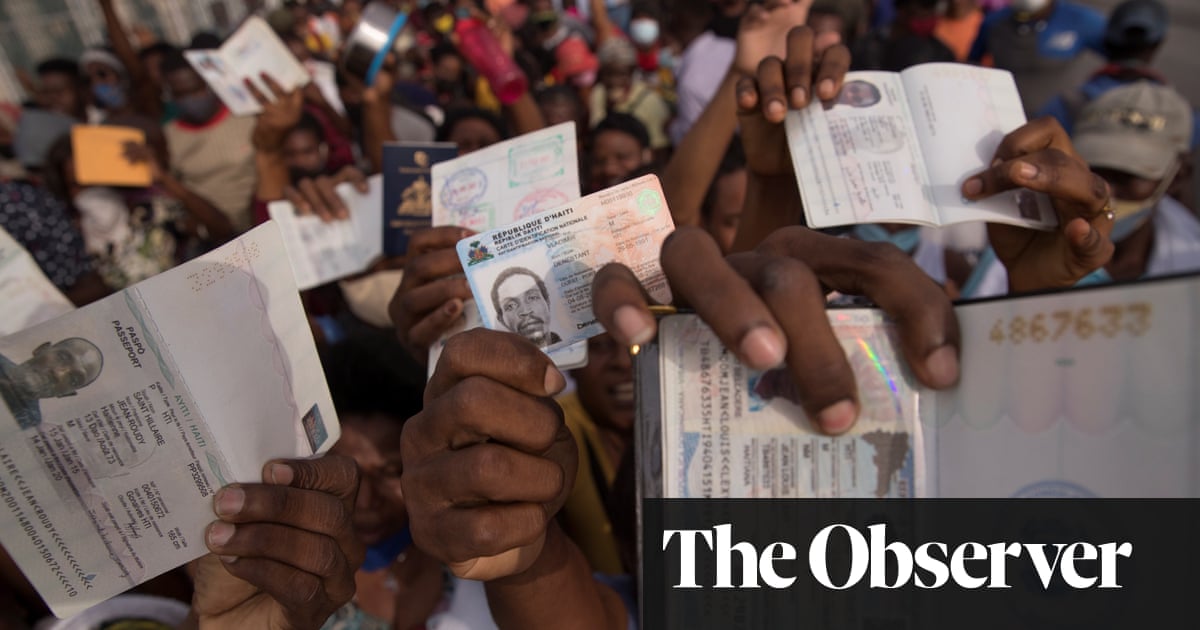
Haiti's President Jovenel Moïse has been killed and his wife injured in an attack on their home in the nation's capital, Port-au-Prince.
Mr Moïse had led Haiti, one of the poorest nations in the world, since 2017 but had faced widespread protests demanding his resignation.
The nation's recent history has been plagued by coups, political instability and widespread gang violence.
interim PM Claude Joseph said.
He has called for calm and declared a state of emergency nationwide.
Mr Joseph called the shooting of the president a "heinous, inhuman and barbaric act", saying the attackers were "foreigners who spoke English and Spanish". Haiti's official languages are Creole and French.
Haitian police and the politicians who stepped into the political vacuum created by Moïse’s killing have claimed he was shot at about 1am by members of a predominantly Colombian hit squad who had stormed the president’s hillside residence. “
Foreigners came to our country to kill the president,” police chief Léon Charles alleged after the shooting.
However, opposition politicians and media reports in Haiti and Colombia are now casting doubt on that version,
On Friday, Steven Benoit, a prominent opposition politician and former senator, told the local radio station Magik9: “The president was assassinated by his own guards, not by the Colombians.”
Uncertainty has gripped the Caribbean country and the streets of the capital remain eerily quiet amid fears Haiti is lurching into a new phase of political and social upheaval.
Conflicting claims over the president’s assassination and controversial claims from Haiti’s elections minister, Mathias Pierre, for US military intervention to protect key infrastructure have left many of Haiti’s 11 million citizens suspicious and on edge.
Jake Johnston, a Haiti specialist from the Center for Economic and Policy Research thinktank, said sending US troops was not the solution to the political upheaval. “To think that foreign intervention is a solution to this is mind-boggling,” said Johnson, pointing to a centuries-long history of foreign meddling in Haiti, including an almost two-decade US occupation that followed the 1915 assassination of its president Jean Vilbrun Guillaume Sam.
BBC News

